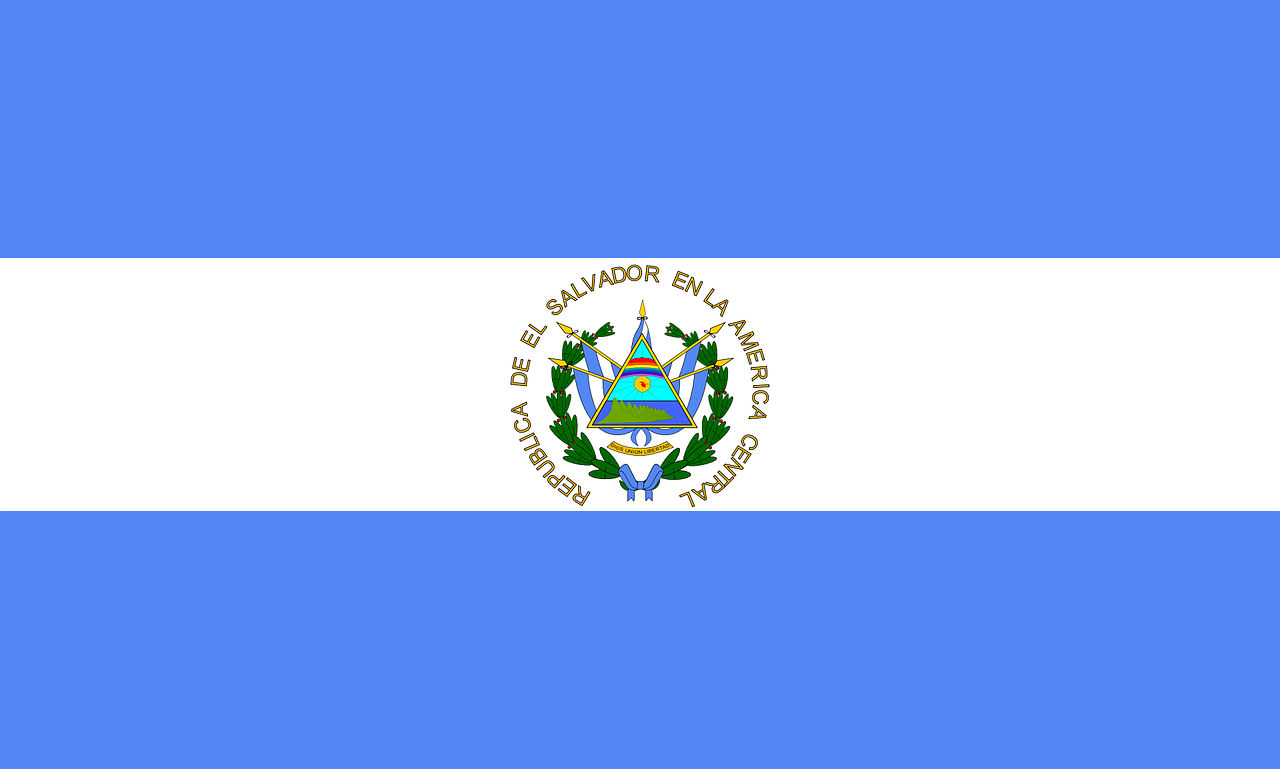
El Salvador, a small Central American nation, is considering applying to join BRICS within the next one to two years, according to a Russian diplomat. This potential move signals El Salvador’s interest in diversifying its international alliances and strengthening its economic ties with emerging global powers. BRICS, which currently comprises Brazil, Russia, India, China, and South Africa, represents a significant portion of the world’s population and economic output, and its influence on the global stage continues to grow.
For El Salvador, joining BRICS could provide several strategic advantages. As the country seeks to expand its economic horizons and reduce dependence on traditional Western partners, membership in BRICS could open up new avenues for trade, investment, and technological cooperation. Additionally, aligning with BRICS could offer El Salvador a platform to engage more deeply with the economic strategies of major global players like China and India, while also benefiting from Russia’s expertise in various sectors.
El Salvador’s potential application to BRICS also reflects a broader trend among developing nations seeking to align with non-Western groups that offer alternative models of economic development and political cooperation. As BRICS continues to evolve and expand, it is becoming an increasingly attractive option for countries looking to navigate a multipolar world order.
However, the process of joining BRICS is complex, requiring consensus among existing members and alignment with the alliance’s goals and principles. If El Salvador moves forward with its application, it will need to demonstrate its commitment to the BRICS vision of fostering inclusive economic growth and global cooperation.
Should El Salvador successfully join BRICS, it could mark a new chapter in the country’s international relations, potentially reshaping its economic landscape and enhancing its role in global affairs.

